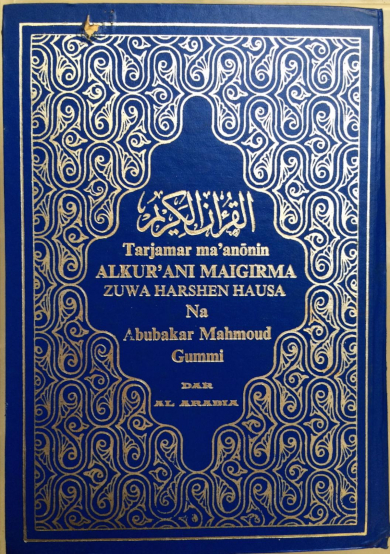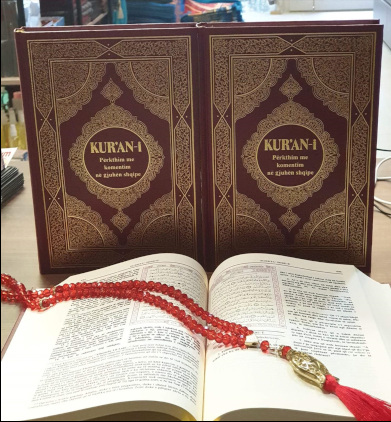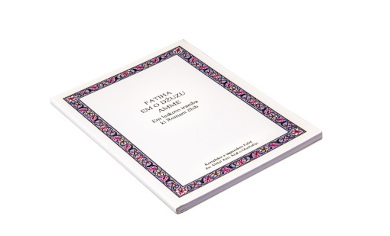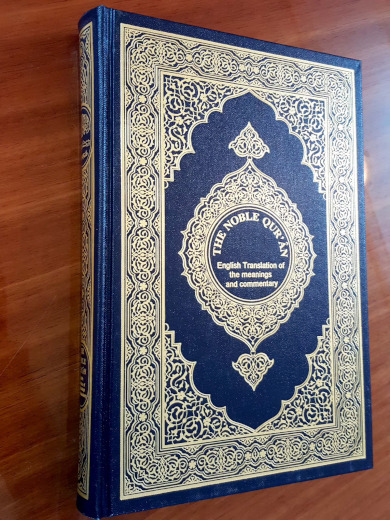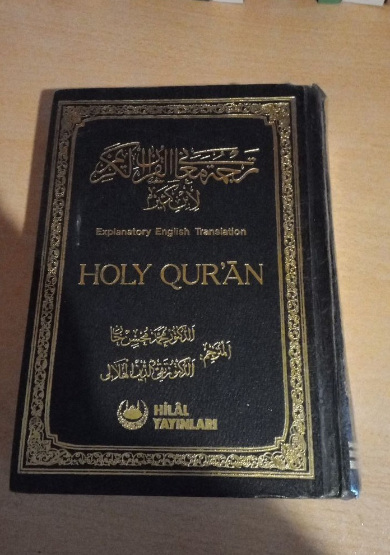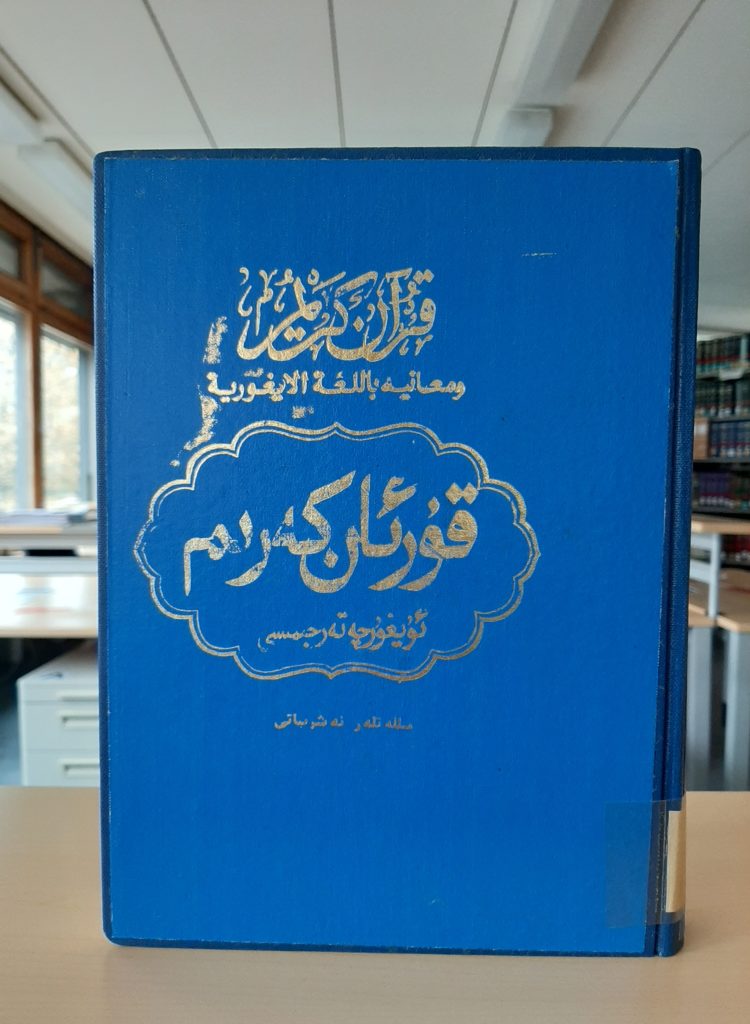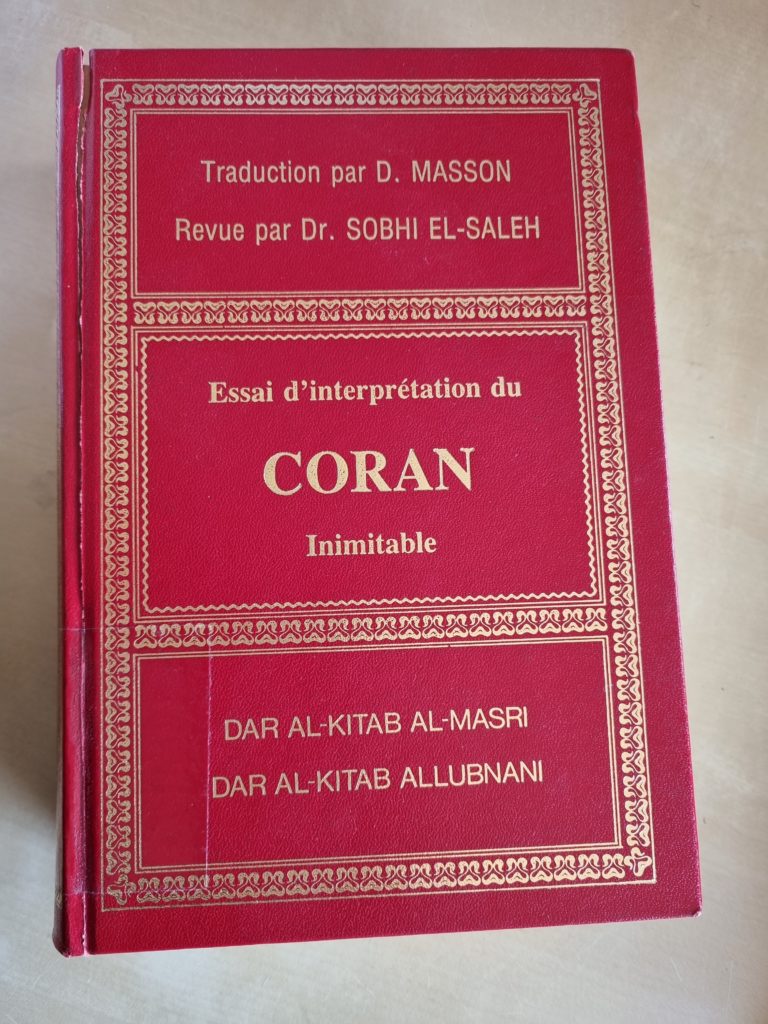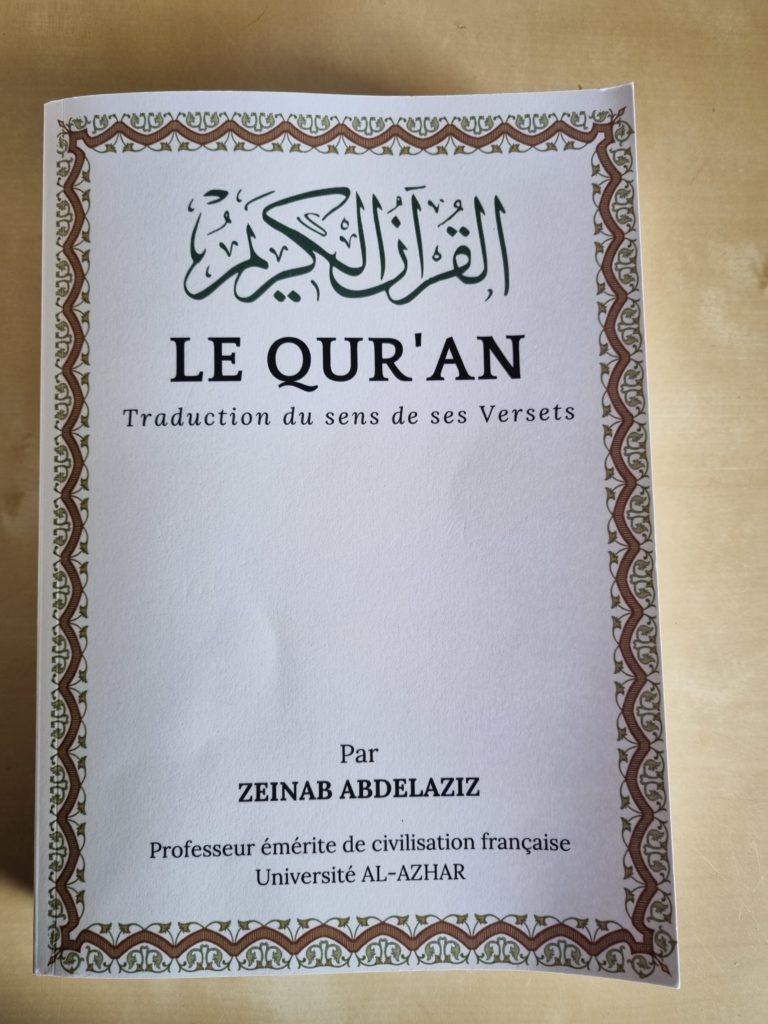Qur’an translation of the week #124: The Muslim World League as a Publisher of Qur’an translations
The Muslim World League (‘Rābiṭat al-ʿĀlam al-Islāmī’, MWL) officially came into being on December 15, 1962. This global Muslim organization, which has its headquarters in Mecca, remains one of the most influential transnational Islamic institutions and has realized many different goals, from the cultural and religious to the political. Fifty years on from its establishment, …
